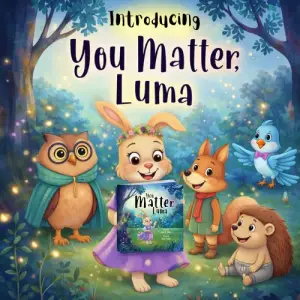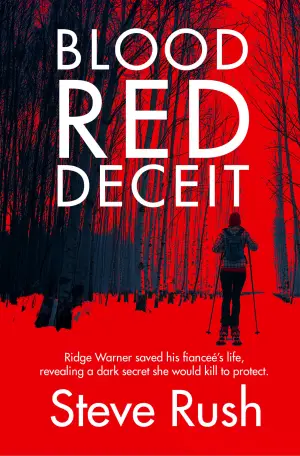Review of We Were the Lucky Ones
As an avid reader, I’m always drawn to stories that delve deep into the human experience, especially those grounded in historical events. We Were the Lucky Ones caught my attention not just because it’s a New York Times bestseller with over a million copies sold, but also due to its premise: the true tale of a Jewish family navigating the treacherous waters of World War II. Inspired by Georgia Hunter’s family history, I felt compelled to read this book to better understand the resilience of the human spirit during such dark times.
From the outset, I found Hunter’s storytelling to be captivating and expertly woven with historical context. The narrative follows the Kurc family from Radom, Poland, as their lives unravel amidst the approaching horrors of the war. Each family member’s journey is detailed, and this exploration of their struggles, hope, and ingenuity is beautifully layered with emotion. It’s evident why other readers, like JayNikki, found the book "unforgettable" and "heartbreaking." The personal connection to the family’s true history infuses the story with authenticity and emotional resonance that lingers long after reading.
One of the strengths of this novel is the depth of character development; every chapter unveils the perspective of different family members. I could feel the tension, fear, and love emanating from the pages. E.G.’s comment about the narrative being "uplifting" resonated with me. While the Kurcs faced unimaginable adversity—including forced exile, starvation, and the constant threat of violence—their determination to survive and reunite is nothing short of inspiring.
However, it’s also essential to acknowledge some drawbacks. One critique from Andrea Curry highlighted historical inaccuracies, suggesting that certain plot points might veer into the realm of poetic license. As a reader who enjoys historical fiction, I found these deficiencies did exist, though they didn’t overshadow my overall enjoyment. The story remains powerful, even if some historical details are not perfectly aligned.
Additionally, while the shifting perspectives kept the narrative engaging, there were moments when I felt slightly disoriented by the number of characters. Keeping track of each individual, as noted by LauraLMHS, was a bit challenging, but the family tree provided at the beginning proved invaluable.
In terms of emotional impact, I wholeheartedly agree with Kristi Morgan when she expresses that this book made her cry—both tears of sorrow and joy. The writing balances the era’s brutality with moments of profound love and resilience. I found myself profoundly moved by the sacrifices made by family members for one another. Hunter’s ability to reflect on love amid chaos is a testament to the story’s depth.
Overall, We Were the Lucky Ones met my expectations and reinforced my belief in the strength of family bonds during extreme adversity. The book is indeed a tribute to "the triumph of hope and love against all odds," as stated in the product description.
As I closed the final chapter, feelings of gratitude washed over me—not just for the Kurc family’s survival, but also for Hunter’s dedication to sharing their story. I would highly recommend this book to anyone interested in historical narratives that highlight the incredible enduring human spirit. If you’re searching for a tale that is both heart-wrenching and uplifting, then We Were the Lucky Ones should undoubtedly be on your reading list.
Explore the gripping tale of resilience and hope in We Were the Lucky Ones. >>








